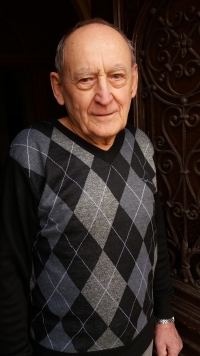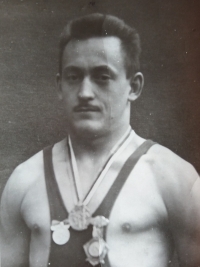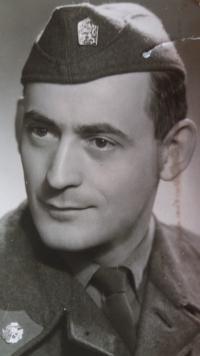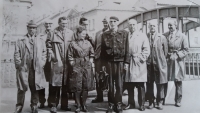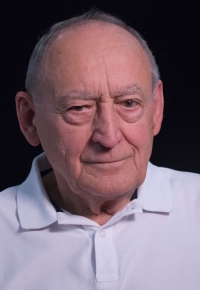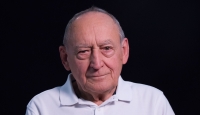To this day I don‘t understand how the politicians could let a party take up arms

Stáhnout obrázek
Jaroslav Cibulka was born on 5 March 1931 in Prague. Since four years of age he lived in Tábor where he attended school, trained in Sokol and after the war, joined the renewed Scout. In 1946 he started an apprenticeship in Prague to become a car mechanic but was transferred to a locksmith vocational school. While in Prague, he also started training Greco-Roman wrestling. For a short time, he worked as a boiler operator in Poldi Kladno. In early 1950s he returned to Tábor, finding a job in the national company Kovosvit in Sezimovo Ústí. At the same time, he entered an underground resistance organisation whose members were preparing for an awaited military conflict between the Soviet Union and the US. In 1951 he was arrested alongside the other conspirators and sentenced to twenty-two years in prison. He served his time in labour camps in the Jáchymov area at uranium mines. Following an escape attempt, he spent six years in the Leopoldov prison. He was released on amnesty in 1960 and shortly thereafter, underwent shortened military service with the Auxilliary Technical Battalions.
